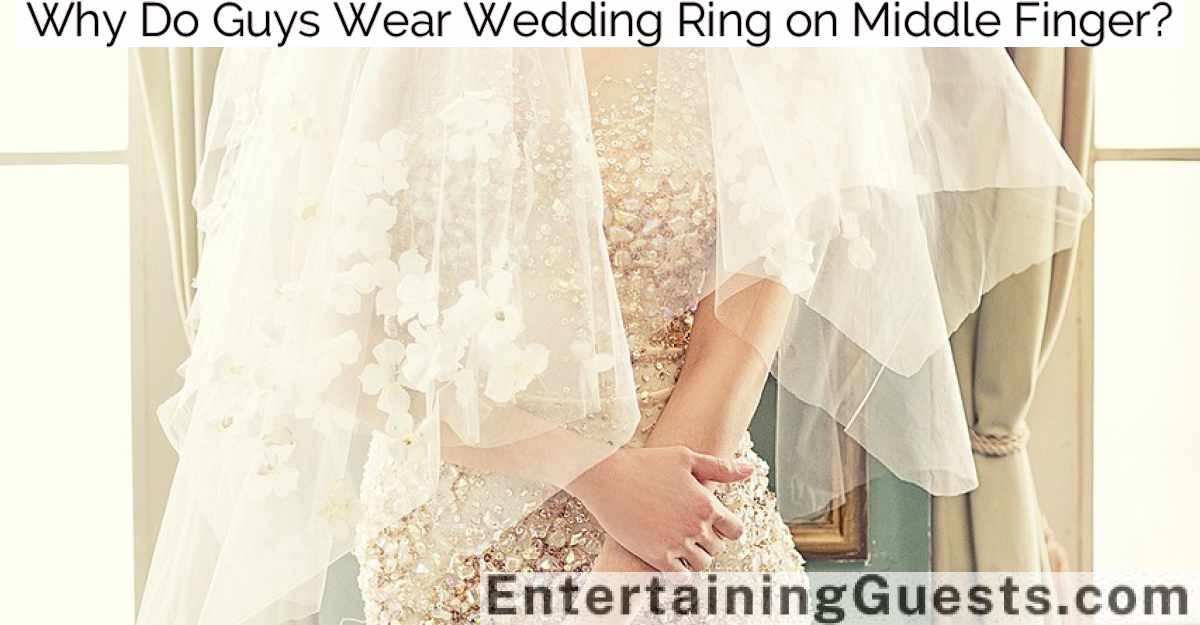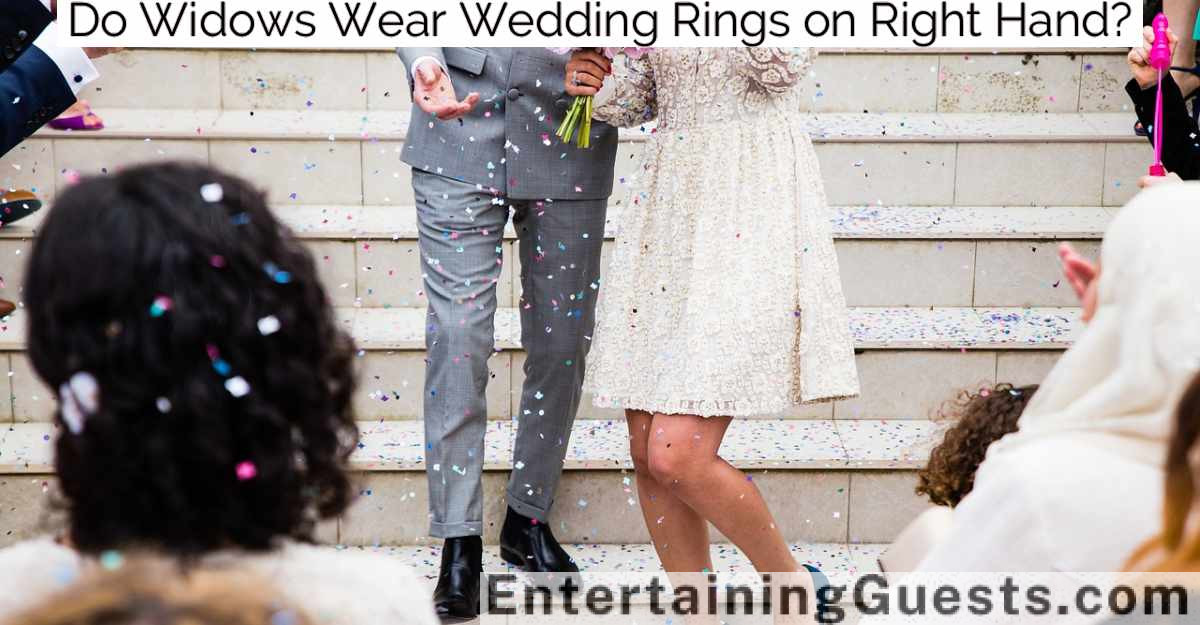Yes, you can get married without a traditional wedding. To legally bind your union, you must obtain a marriage license from your local county clerk’s office.
Following this, you can have a civil ceremony, which is often conducted by a judge or court clerk at the courthouse. This option eliminates the stress and high costs associated with large weddings and allows you to focus on the personal significance of your commitment.
Choosing a simple or minimalistic celebration can create an intimate and meaningful experience that truly reflects your values and desires. Each step provides various possibilities to personalize and define your special day.
Understanding Legal Marriage Requirements
Before you can skip the wedding and jump straight to being married, it’s essential to know your state’s legal marriage requirements. Each state has its own set of rules, which can seem intimidating, but you’ll need to navigate them to guarantee your union is legally recognized.
Firstly, you must obtain a marriage license. This typically involves visiting your local county clerk’s office with the necessary documentation. You’ll need to prove your identity and age, so bring your driver’s license, passport, or birth certificate. Some states also require a blood test or physical exam.
Next, be aware of the waiting period. Many states have a mandatory waiting period between obtaining the license and when you can actually get married. This can range from 24 hours to a few days.
You also need to check for residency requirements. Some states require one or both partners to be residents for a certain period before getting married there.
Lastly, make sure you understand the specifics of who can officiate your marriage. While it’s often thought that only clergy or judges can perform this role, many states have broader allowances.
Knowing these details will save you headaches and guarantee everything goes smoothly on your path to marriage without a wedding.
Options for a Civil Ceremony
Once you’ve familiarized yourself with your state’s legal marriage requirements, you might consider a civil ceremony as a simple and straightforward way to tie the knot.
Typically performed by a judge or a court clerk, this type of ceremony doesn’t require the pomp and circumstance of traditional weddings.
You’ll need to begin by applying for a marriage license from your local county clerk’s office. The process usually involves submitting identification documents and possibly a small fee.
Once you’ve secured your license, you can schedule your ceremony. Most courthouses offer a basic setup where you can exchange vows in the presence of a few witnesses.
If you’re looking for something slightly more personal but still low-key, some judges are willing to perform ceremonies in alternative locations, such as a park or your home, assuming they’re within their jurisdiction.
This option allows you to add a touch of individuality while keeping the affair minimal.
Benefits of a Small or No Wedding
Opting for a small or no wedding can greatly ease your financial burden, allowing you to save money for other important goals like buying a home or traveling.
By minimizing the scale of your celebration, you’re not just cutting down on costs; you’re also reducing the stress and pressure that often come with planning a large, traditional wedding. This means you can focus more on what truly matters to you and your partner.
Choosing a simpler approach allows for a more personal and intimate experience. You won’t have to worry about entertaining a large crowd or meeting everyone else’s expectations.
It’s all about you and your partner, celebrating your love in a way that feels right. You can still make it special and memorable without all the extras.
Moreover, a smaller or non-existent wedding can strengthen your relationship. It takes a lot of communication and mutual understanding to decide against a big celebration in favor of something more meaningful to both of you.
This decision-making process can bring you closer, setting a strong foundation for your marriage. Remember, the day is ultimately about your commitment to each other, not the spectacle.
Planning a Minimalist Marriage Celebration
If you’ve decided that a smaller or no wedding is right for you, planning a minimalist marriage celebration might be your next step.
You’re not alone in thinking that sometimes less is more. A minimalist approach can be deeply meaningful and personal, focusing on the core essence of your commitment rather than the extravagance of traditional ceremonies.
First, consider what elements of a wedding are most important to you. Is it the vows? A special location? Maybe it’s just about the two of you, or perhaps including only immediate family or a few close friends.
You can choose a simple venue like a backyard, a public park, or even your living room to keep things intimate and costs down.
Next, think about the ceremony itself. You might opt for a self-officiated ceremony or find an officiant who understands your vision.
Keep decorations minimal; sometimes, a few beautiful flowers or handmade items are all you need to set the tone.
Stories From Couples Who Skipped the Wedding
While many couples dream of large weddings, there are those who find joy and intimacy in simplicity, choosing to skip the traditional ceremony altogether.
Take Sarah and Tom, for example, who decided that instead of a grand venue, they’d exchange vows during a sunrise hike with only their closest friends in attendance. They felt this intimate setting reflected their love for each other and nature, making the day unforgettable without the fuss or hefty price tag.
Then there’s Jenna and Mark, who opted for a quiet courthouse marriage followed by a casual dinner at their favorite restaurant. They wanted their day to be about their commitment to each other, not about outdoing past family weddings or impressing guests.
Jenna shared that this low-key celebration allowed them to focus on what truly mattered: their future together.
These stories highlight that a meaningful union isn’t measured by the lavishness of your celebration but by the sincerity of your commitment.
If you’re considering skipping the wedding, remember that it’s your relationship that’s being honored, not the event itself. Let these examples inspire you to craft a day that feels true to you and your partner’s unique bond.
Conclusion
Absolutely, you can get married without a traditional wedding! Legal marriage hinges on fulfilling specific requirements, not on a lavish ceremony. Opting for a civil ceremony or a minimalist celebration can be equally meaningful and much less stressful. Many couples have embraced this route, finding joy in simplicity and intimacy. So, if your heart leans towards a simpler union, go ahead. It’s your love, your choice, and a perfectly valid way to begin your life together.







